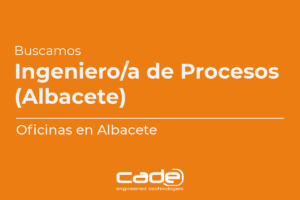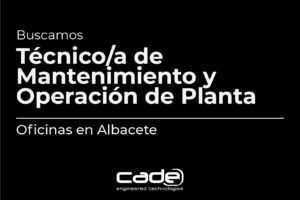Operational safety is a fundamental pillar in process engineering. A Hazard and Operability Study (HAZOP) is a systematic and rigorous methodology used to identify and evaluate potential risks in process facilities. The implementation of a HAZOP is critical in the basic and detailed engineering stages, as it lays the foundation for safe and efficient operation. This proactive analysis is essential to prevent incidents, improve plant safety by considering risks, external influences and operational error that could have catastrophic consequences for people and the environment.
Objectives of the HAZOP Study
The HAZOP study aims to identify potential risks and evaluate existing security measures. It seeks to anticipate deviations in the design that may lead to unsafe conditions or non-conforming operation, reducing maintenance costs. In addition, HAZOP facilitates compliance with applicable regulations, minimizing the risk of accidents and their potential environmental, social and economic impacts.
Applicable Regulations
International regulations, such as IEC 61882, provide a detailed framework for conducting HAZOP studies. These guidelines ensure that analyses are thorough and aligned with industry best practices. Adhering to these standards ensures that the HAZOP study is conducted in a structured and methodical manner, resulting in a more effective and reliable analysis.
Leading Causes of Accidents
Accidents in the process industry are often the result of design flaws, operational errors, and poor maintenance. A meticulously executed HAZOP study can identify these potential failures before they materialize into operational risks. Historical incident review and the application of lessons learned are critical to continuously improving safety processes.
Variables to consider
Critical variables in a HAZOP study include operating parameters such as temperature, pressure, flow rate, and chemical composition. Assessing how deviations in these variables can affect process safety and efficiency is essential. It is important to consider not only normal operating conditions, but also start-stop situations, and other abnormal or emergency conditions.
Study Preparation and Planning
Preparing a HAZOP study requires careful selection of nodes, which are key points in the process where significant deviations can occur. Planning should also consider the formation of a multidisciplinary team that brings different perspectives to the analysis. The experience and technical knowledge of each team member is crucial to the success of the study.
Required Documentation
Essential documentation for a HAZOP study includes Process Flow Diagrams (P&IDs), mass and energy balances, and equipment technical specifications. These documents must be up-to-date and accurate to facilitate effective analysis. The quality and availability of technical documentation are indicative of the maturity of an organization’s security management systems.
Development of the HAZOP Study
The development of the study involves a systematic review by an internal and external multidisciplinary team from each node, evaluating possible deviation scenarios, their causes and consequences, and formulating recommendations to mitigate the identified risks. This process should be thorough and meticulously documented to ensure that all safety concerns are addressed and that the proposed mitigation measures are effective and feasible.
Therefore, conducting a HAZOP study at the basic and detailed engineering stages is a critical component for plant safety. Not only does this analysis help prevent accidents, but it also contributes to operational efficiency and regulatory compliance. Investing in a detailed HAZOP study is an investment in the sustainability and long-term viability of any process engineering project.
At CADE we offer HAZOP Studies and other similar analyses, providing general consulting services in any risk analysis that your process or project requires, designed to improve safety and ensure compliance with related laws, regulations and standards. Our experts develop the HAZOP methodology in an objective way, with the implementation of “brainstorming” that encourages creative solutions adapted to the process in question, accompanying you in each session together with the multidisciplinary team. Among our wide range of services:
- Implement or improve risk management.
- Remote risk analysis.
- Semi-quantitative risk assessment and definition of risk reduction measures.
- Research/analysis online through visual videoconferencing.
Further information:
For any question or further information request about our services and technologies, please complete the following form:












